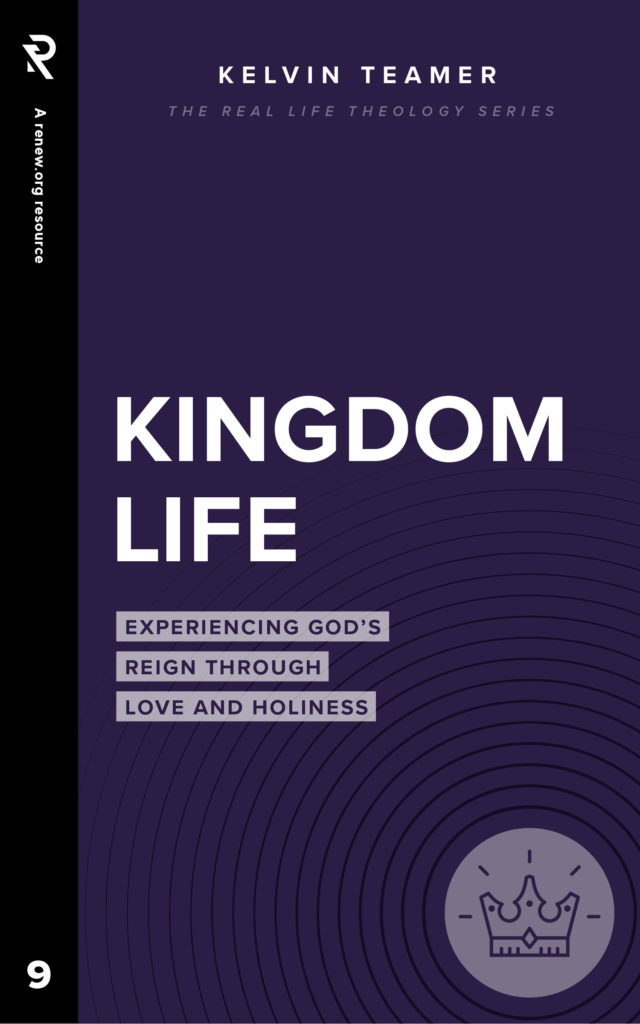
Compassion: A Childlike & Christlike Response to a Broken World
What happens when you see someone in poverty? I remember a time years ago when I heard a student’s mom talk about the first time she saw it. She wasn’t describing a story about poverty on the news or social media, but the first time she saw it face-to-face. Up close and personal.
She and her husband were staying at a Mexican resort and signed up for a horseback excursion several miles inland. I listened to her as she described what they saw: “Mud huts with holes for windows and blankets for doors, and kids playing in the dirt wearing only their underwear.” It wasn’t a recent event for her, but I could almost see the scenes in her eyes as she spoke. There was a “shocked” quality to her words. Her sentences came out hushed, as if she didn’t want to offend anybody by talking about it.
I think the reason I sensed her distress is that I could empathize with her. I too have a vivid memory from my childhood of the first time I encountered this kind of poverty. My experience was also outside of the US, on a short-term mission trip with my family: As we were driving through a city, I saw a young boy rummaging through garbage for food. And although it was only about a 30-second scene of my life, to this day I can remember the feeling. It was a feeling so strong and yet completely new to me. The best word I can use to describe what I felt in that moment is “broken.” I felt a sense of brokenness.
“The best word I can use to describe what I felt in that moment is “broken.” I felt a sense of brokenness.”
I think maybe it was a microscopic taste of what Adam and Eve felt as they swallowed the fruit. A realization of that which is imperfect. While I hadn’t done anything to put that child in a position of poverty, I knew it wasn’t right. The problem was that I didn’t know how to go about fixing the brokenness. Neither did I know how to process the emotions that came from witnessing it. So life went on.
From interactions with my students, and from searching my own emotions, I’ve found there are some common reactions to brokenness. Particularly this kind of brokenness that is objectively observed in the world, not the personal kind that comes from sinfulness. What I’ve found is that the first knee-jerk reaction is usually compassion. When a student observes something not right in the world, they become acutely aware of the injustice and feel, what I would label, compassion. The word actually means to “suffer with” somebody. And I think that’s usually what happens. They see someone in need and feel pain with, and for that person.
Children will often feel compassion for somebody in a broken situation and immediately want to do something about it. In their purity, which is often confused with naiveté, they think they could actually help somebody in a broken situation. The problem is that, while the motives are good, the means to accomplish anything by themselves usually lies outside their grasp. So they go to somebody who has means. This is usually their parents. Now parents aren’t always so naive, or pure, so often their responses are riddled with practicality, not compassion. I’m not claiming every parent is like this, but I’ve found the tendency to be true. Sadly, once my kids grew old enough to notice brokenness, I found how easy it was to fit into that category myself.
“While the motives are good, the means to accomplish anything by themselves usually lies outside their grasp.”
It’s not like kids come to my class and use these words, but it’s pretty easy to notice. “How should we help take care of the poor?” I’ll ask. A student will quickly chime in, “Well we shouldn’t give them money. They’ll just use it for drugs or beer.” “Okay, so what could you do then?” Another student will offer, “We could get them a sandwich or something.” Still another will rebut, “Yeah, but my parents said they might just trade in food for other bad stuff.” This conversation usually goes on for quite a while. And it’s been oddly consistent through my years of teaching.
Here’s my hypothesis. When compassion isn’t met with action, it can become guilt. And guilt often leads us to justify our thinking and behavior. So what used to be a feeling of compassion with a desire to make a difference becomes an act of justifying the guilt we feel at some one else’s pain.
“When compassion isn’t met with action, it can become guilt. And guilt often leads us to justify our thinking and behavior.”
It’s pretty easy to drive by someone in need when we tell ourselves they’re drug addicts. Or that they are where they are because they’ve made really bad choices. And you know what? Maybe some of those things are true. But at the end of our class conversation, the “assignment” I give my students is to consider everything we just discussed and look for the compassion. Was there any? And if not, why?
I don’t suggest that my students stop and help every individual they ever see in need. Sometimes that isn’t helpful, or safe. We discuss those things too. Jesus didn’t heal every human while on earth. Luke 17 tells the story of the ten lepers that Jesus cured. It says that he was “on his way” and that the lepers had to “call out” to him from a distance, which seems to imply that he was walking along his way not intending to heal them. Of course he did. But when he did, it was because he felt compassion, not guilt.
“When he did, it was because he felt compassion, not guilt.”
As a teacher, my biggest goal for my students is not that they would help every lost and hurting soul in the world, or even our city. My desire for them is that, whenever they encounter brokenness, their response, whatever it may be, would be like Jesus. And while I don’t know exactly how that would manifest itself, I have a sneaking suspicion it would be rooted in compassion, not guilt.
From discipleeducation.wordpress.com. Used with permission.









